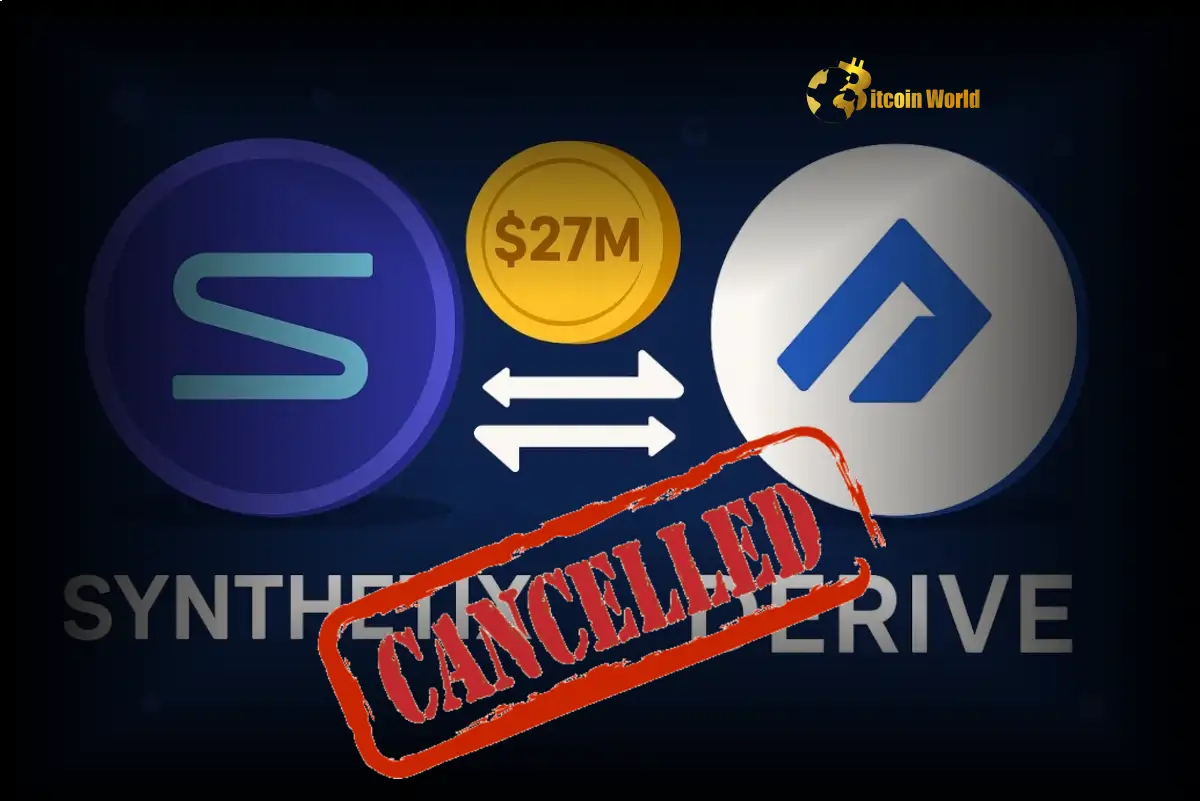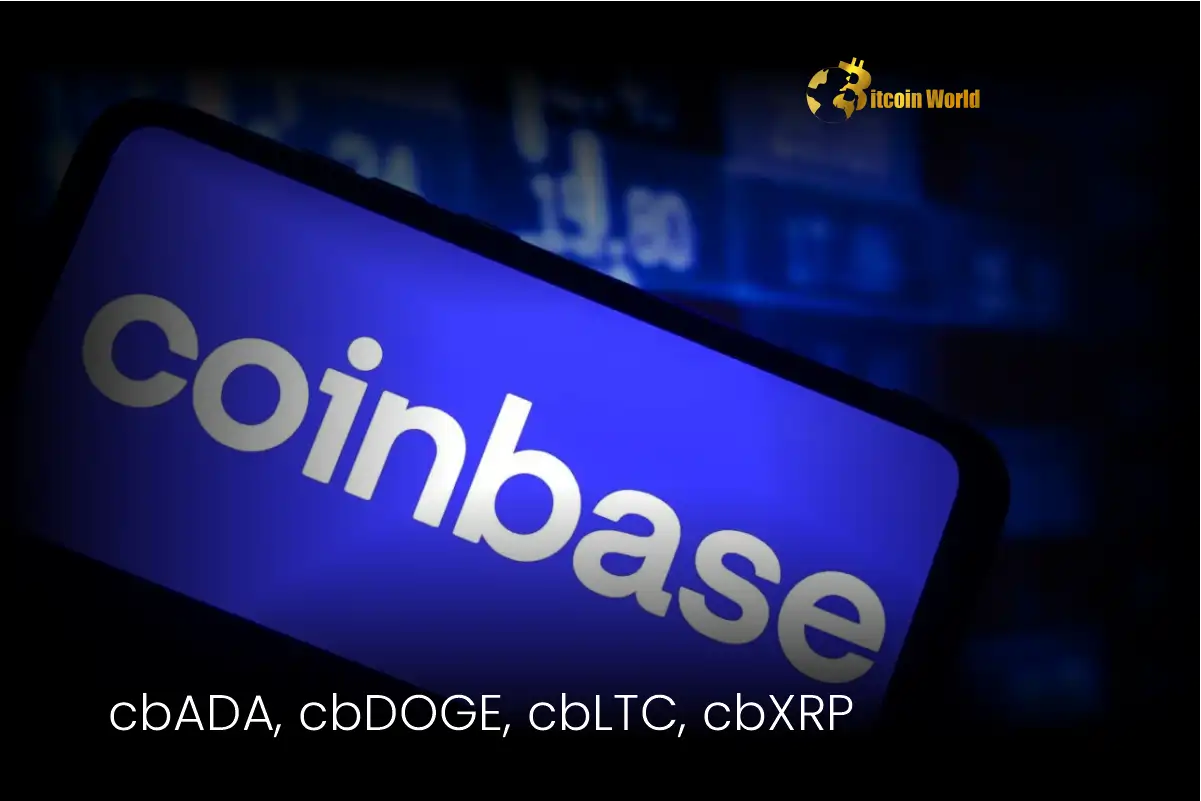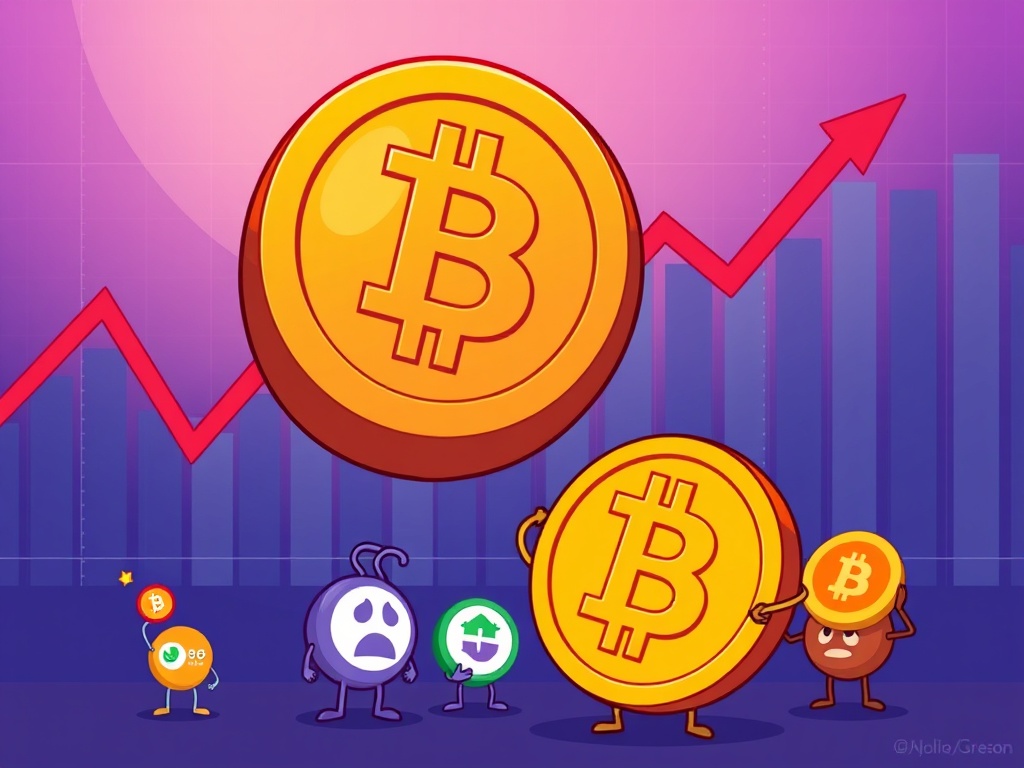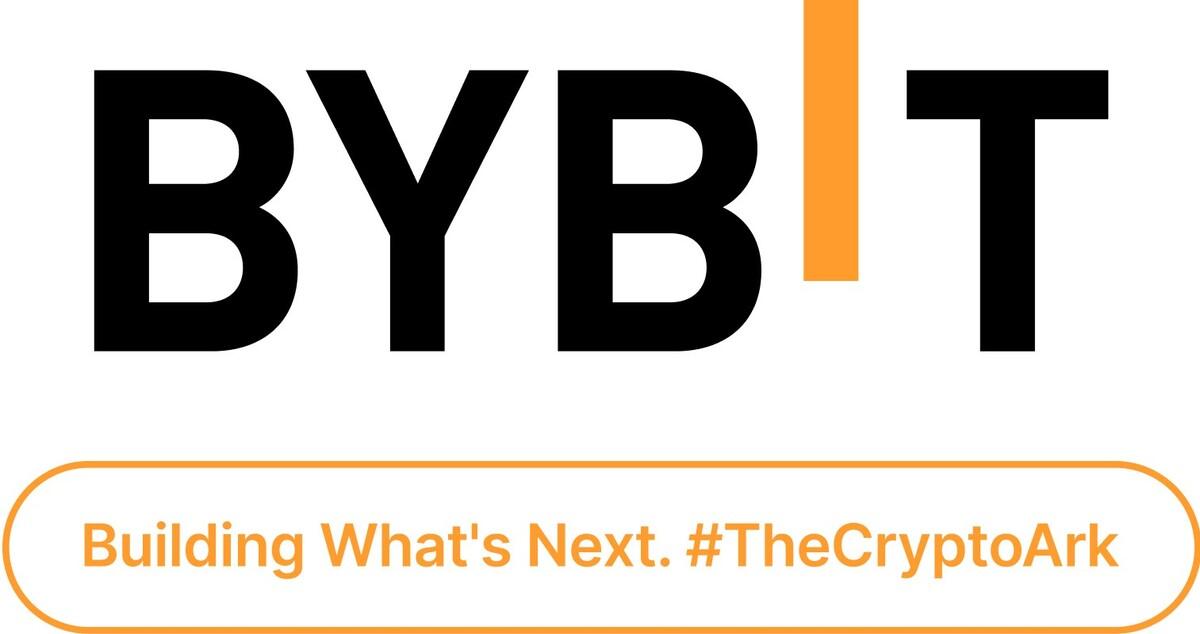BitcoinWorld

Synthetix Scraps $27M Derive Acquisition Plan After Community Uproar
In a significant development within the Decentralized Finance (DeFi) space, synthetic asset protocol Synthetix (SNX) has officially withdrawn its proposal to acquire the crypto options platform, Derive (formerly Lyra). The proposed deal, valued at $27 million, was ultimately scuttled following considerable backlash and concerns voiced by the Derive community. This event highlights the crucial role community sentiment plays in the world of decentralized protocols and crypto acquisition.
Why Did the Synthetix-Derive Acquisition Plan Collapse?
The proposed crypto acquisition between Synthetix and Derive seemed like a potentially synergistic move, combining a major synthetic asset platform with a leading options protocol. However, the deal faced strong opposition from within the Derive community, leading to its eventual cancellation. According to reports, several key issues were raised, casting doubt on the fairness and long-term viability of the merger.
The primary points of contention included:
- Token Swap Ratio Concerns: A major sticking point was the proposed token swap ratio between Synthetix’s SNX token and Derive’s DRV token. Many in the Derive community felt that the proposed ratio did not accurately reflect the current value or future potential of the Derive platform and its native token. They argued that the deal undervalued their protocol.
- Derive’s Revenue Potential: Paradoxically, one reason cited for the collapse was Derive’s own strong performance. Community members pointed out that Derive was generating significant revenue, and some believed it had the potential to generate even more revenue than Synthetix in the future. This made the acquisition terms seem less favorable for Derive token holders.
- Community Alignment and Governance: In decentralized projects, community consensus is vital. The lack of widespread support and the vocal opposition from the Derive community signaled potential future governance challenges and integration difficulties, making the deal less attractive for Synthetix as well.
Ultimately, the weight of these community concerns, particularly regarding valuation and revenue potential, led Synthetix to decide against proceeding with the $27 million acquisition.
Understanding Synthetix and Derive in the Decentralized Finance Landscape
To fully appreciate the context of this failed crypto acquisition, it helps to understand what both protocols do within the broader Decentralized Finance ecosystem.
- Synthetix (SNX): Synthetix is a leading decentralized protocol for creating and trading synthetic assets (synths). Synths are blockchain-based tokens that track the value of real-world assets like fiat currencies, commodities, stocks, and indices, as well as other cryptocurrencies. Users can stake SNX to collateralize the synthetic assets and earn fees. It’s a core piece of DeFi infrastructure, enabling exposure to various asset classes on the blockchain.
- Derive (DRV), formerly Lyra: Derive is a decentralized options trading platform. It allows users to trade options on cryptocurrencies in a permissionless and capital-efficient manner. Options are financial derivatives that give the buyer the right, but not the obligation, to buy or sell an underlying asset at a specific price on or before a certain date. Derive’s focus on options makes it a key player in providing more complex financial instruments within DeFi.
A merger could have potentially integrated synthetic assets with options trading, creating powerful new financial products and increasing liquidity. However, the complexities of merging protocols with different communities and tokenomics proved to be a significant hurdle.
Does Community Voice Truly Matter in DeFi Acquisitions?
This case serves as a powerful example illustrating that in Decentralized Finance, the community’s opinion isn’t just noise; it’s a critical factor. Unlike traditional corporate mergers where a board of directors makes the final decision, many DeFi protocols employ decentralized governance models. This means token holders often have a say in major decisions, including strategic moves like a crypto acquisition.
The backlash from the Derive community wasn’t just a matter of preference; it was rooted in perceived financial unfairness and a belief in their protocol’s independent strength. Their collective voice, amplified through governance forums and social channels, effectively put the brakes on a significant deal. This reinforces the principle that true decentralization empowers the community and that proponents of a merger must gain significant buy-in, not just from core teams, but from the token holders themselves.
Key Lessons Learned from the Synthetix-Derive Situation
The failed Synthetix and Derive acquisition attempt offers valuable insights for other projects considering mergers or strategic partnerships within the DeFi space:
- Valuation is Paramount: The token swap ratio and overall deal valuation must be perceived as fair by both communities. Undervaluing one protocol relative to the other is a recipe for dissent. Clear, transparent valuation models are essential.
- Community Alignment is Non-Negotiable: Before formal proposals, gauging community sentiment and addressing potential concerns proactively is crucial. A deal might make sense on paper, but if the communities aren’t aligned, integration will be difficult, if not impossible.
- Revenue Potential Matters: The financial health and growth trajectory of both protocols must be carefully considered. If the target protocol is seen as having stronger independent revenue potential, the acquiring protocol needs to offer compelling terms that clearly demonstrate the benefits of integration for the target’s token holders.
- Complexity of Protocol Mergers: Merging decentralized protocols involves not just financial terms but also technical integration, governance structure alignment, and cultural blending of two distinct communities. This is significantly more complex than traditional corporate M&A.
The decision by Synthetix to back out demonstrates responsiveness to community feedback, a positive trait in decentralized governance, even if the initial plan didn’t succeed.
What Does This Mean for Synthetix and Derive Going Forward?
For Synthetix, the focus will likely return to its core development and expansion plans, perhaps exploring organic growth or different types of partnerships. The $27 million earmarked for the acquisition is now available for other strategic uses, potentially benefiting the SNX ecosystem in different ways.
For Derive, the outcome validates the community’s belief in the platform’s value and potential. It will continue operating independently, potentially seeking other partnerships or focusing on further developing its options trading platform. The DRV token’s value will now be solely tied to Derive’s independent performance and growth.
Conclusion: Community Power Prevails in DeFi
The cancellation of the $27 million Synthetix acquisition of Derive is a clear illustration of the power wielded by communities in Decentralized Finance. While the strategic rationale for combining a synthetic asset platform with an options protocol might have seemed strong, the deal stumbled over valuation concerns and the perceived value and revenue potential of Derive by its own community. This event underscores the unique governance dynamics of DeFi and serves as a potent reminder that successful collaborations require not only technical and financial alignment but also genuine buy-in from the decentralized communities involved. It’s a lesson that future crypto acquisition attempts in the space will undoubtedly need to heed.
To learn more about the latest Decentralized Finance trends, explore our articles on key developments shaping the DeFi landscape and other crypto acquisition news.
This post Synthetix Scraps $27M Derive Acquisition Plan After Community Uproar first appeared on BitcoinWorld and is written by Editorial Team





